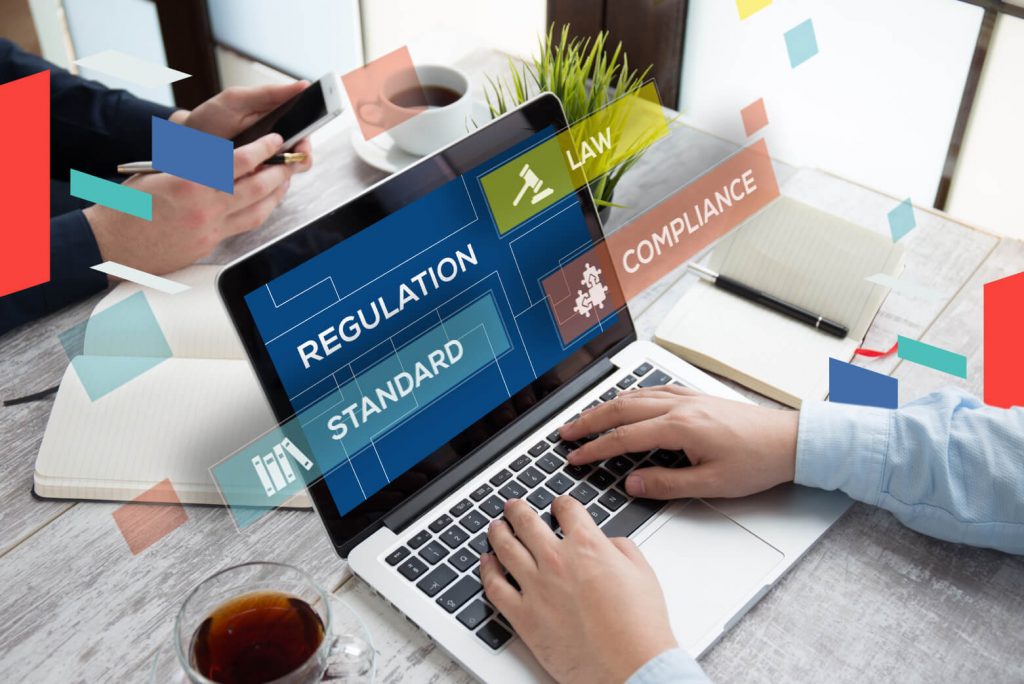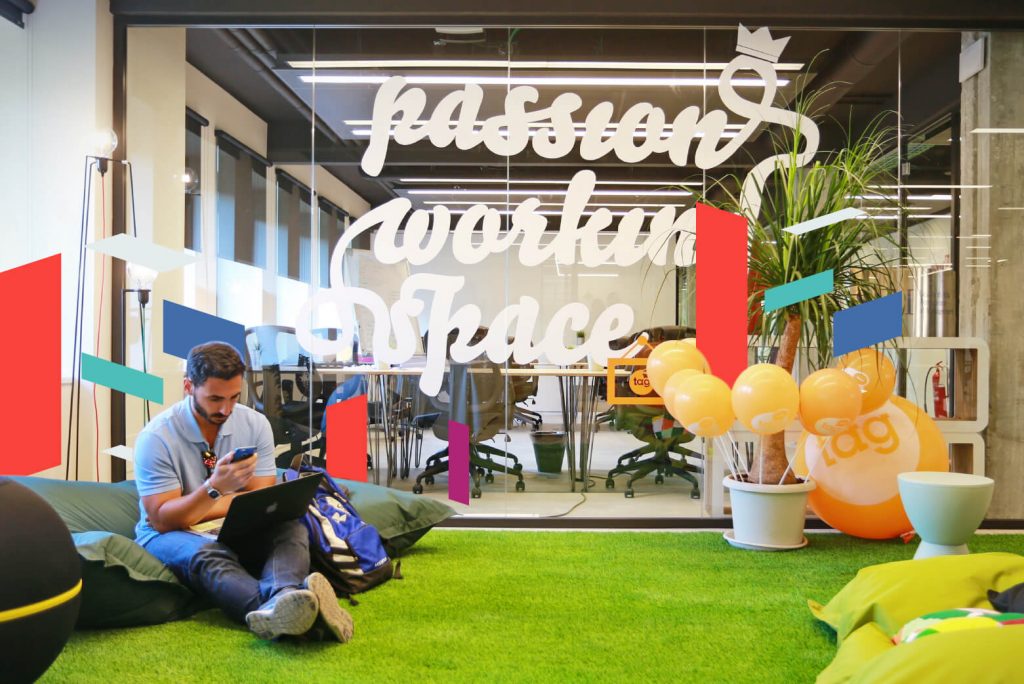
Over the past few years, the idea of cryptocurrencies has propagated and seen a boom in use while gaining varied public favor and backing by several governments. Companies first hesitated due to its relative newness, but more and more are beginning to join the crypto bandwagon due to the advantages this method of payment produces.
As company setups begin to integrate cryptocurrency and the associated blockchain technology into their operations, an increasing number of benefits have been uncovered, making it a lucrative field for established companies and startups alike.
Stated below are some of the many benefits of using cryptocurrencies in your business operations:
1. New Customer Groups
The introduction of cryptocurrency has brought forth an entirely new group of customers who are loyal to the payment method. Companies that have integrated cryptocurrency blockchains have seen an increase in these customers, leading to a bigger customer base and increased sales, which is the goal for any organization.
Many early adopters of Bitcoin and Ether prefer to use these as payment methods thanks to their drastic appreciation over the course of this year, making their current purchases, technically, cheaper when compared to the fiat monetary value they purchased it at.
2. Introduction to the Digital Landscape
The use of cryptocurrencies is inadvertently an introduction to digital business. With the recent boom in online shopping due to the pandemic, many companies have expanded their business into the online sphere. SPC Free Zone provides amenities related to e-commerce and promotes the creation of new avenues for income, and opportunities for the business venture’s long-term success which is in alignment with what cryptocurrency seeks to achieve for businesses.
3. Competitive Advantage
Venturing into the world of cryptocurrencies earlier than your competitors can result in one of the biggest competitive advantages your company can have. By the time competitors catch up, your venture has already claimed the first-mover advantage and the benefits associated with it are yours to claim.
4. A Hedge Against Inflation
Trends in the market teach us that cash depreciates over time due to inflation, so idle liquid cash is in fact detrimental to the profitability of an organization. Cryptocurrency provides a capital investment opportunity for individuals and businesses alike to protect their profits against the economic forces of inflation and deflation in real-time.
5. Lower Transaction Costs
Transacting in cryptocurrencies is cheaper than banking transactions, making it a better alternative than credit or debit cards.
6. High Security and Fraud Reduction
Cryptocurrencies are well known for being one the most secure modes of payment as well as possessing low risks with regard to account breaches and frauds. A popular method exploited by fraudsters that call for chargebacks through the reversal of payments at banks is rendered completely useless with the use of cryptocurrencies, which does not allow for payment reversals.
7. No Barriers to Trade
Even with the advent of payment gateways allowing any legitimate business to process online transactions, the barrier to entry, fees, processes, and restrictions in place can cause small businesses to lose out on certain markets or not be able to transact online at all. Now you can also get information about Sharjah trade license renewal online
Transacting with cryptocurrencies has little-to-no barriers to accepting and processing payments on a website. This means that your customers can transact virtually anywhere in the world with no hassle.
8. Instant Payments
One of the biggest benefits of cryptocurrency is its instant payment feature. Amounts are transacted freely and are instantly sent and received with no delays in payments. Almost all payment gateways hold the cash on your behalf and will charge a transfer fee whenever you want to collect it. It becomes much easier for newly formed companies that require payments to be immediate in order to facilitate operating costs.
9. Blockchain Benefits
Blockchain methods are increasingly, finding popularity across businesses and governments alike due to the high security it provides.
Blockchains are the underlying systems of cryptocurrency which is why it has gained popularity despite some of its risks. Breaching a blockchain is next to impossible and makes for an extremely secure encrypted network.
10. Accessibility
Cryptocurrency payments can be done virtually anywhere and on any smart-device, including your smartphone. Those that do not have access to other forms of payment find it easier to transact through cryptocurrencies for this very reason.
Traditional Currency vs Cryptocurrency
Both traditional currency and cryptocurrency have their different strengths and weaknesses, as well as different uses. There are a number of differences between traditional currency and cryptocurrencies.
Traditional money is widely acknowledged and utilized in everyday transactions, but cryptocurrencies are still relatively new and have not yet gained widespread acceptance as a form of payment.
Unlike cryptocurrencies, traditional currencies are supported by governments and central banks while cryptocurrencies lack this kind of support.
Traditional currency is subject to inflation and other economic factors, while cryptocurrency is designed to be deflationary and has a limited supply.
Impact of cryptocurrency on businesses
Here are some impacts of cryptocurrency on businesses:
- Easier payment processing
cryptocurrency provides higher security and anonymity, faster processing, lower transaction costs, and the ability to accept payments from anywhere in the world.
2. More investment opportunities
Investments in Initial Coin Offerings (ICOs) allow small and large businesses to raise funds to grow their business by selling tokens. Investors in return benefit from additional liquidity, while the whole community benefits from the adoption of a new technology.
3. Improved security
what increases the security of cryptocurrencies is the fact that they’re traceable, and secure, with no third-party interference.
4. International transactions
with cryptocurrency, you can conduct transactions with customers in any place of the world without currency conversion or high banking fees.
Long-term future of cryptocurrency
It is difficult to predict the long-term future of cryptocurrency as it depends on many factors the changes in the global economy and regulatory frameworks.
Cryptocurrency is likely to see more integration and adoption as the potential benefits are growing more apparent to businesses and individuals alike. This will lead to more integration of cryptocurrency into various industries.
Governments and organizations will probably get more involved in Cryptocurrency. Many laws have already been put in place or are being reviewed to safeguard investors and make the market safer. These restrictions also make it simpler for governments to keep tabs on financial activities.
Why crypto education is necessary for crypto adoption
Blockchain technology, a decentralized and secure ledger that keeps track of transactions, is the foundation around which cryptocurrencies are based. Understanding the value and potential of cryptocurrencies requires a grasp of how the blockchain operates.
Users of cryptocurrencies must take responsibility for managing their own private keys and protecting their wallets. Without appropriate security procedures, users run the danger of losing their money to fraudsters or hackers. For secure and responsible use of cryptocurrency, education on security best practices is crucial.
Those who lack access to banking services or reside in nations with unstable economies might gain financial empowerment thanks to cryptocurrencies. People can have more influence over their financial lives by being educated about the ways that cryptocurrencies can be utilized to store and move wealth.
Frequently Asked Question
How do businesses benefit from cryptocurrency?
- Easier payment processing.
- More investment opportunities.
- Improved security.
- International transactions.
- No Barriers to Trade.
- High Security and Fraud Reduction.
- Introduction to the Digital Landscape.
How is a cryptocurrency used in UAE?
Some hotels, restaurants, and hospitals have started accepting cryptocurrency as a means of payment, as well as some government agencies, and for auctioning.
Does UAE allow cryptocurrency?
Although the Central Bank of UAE has not licensed cryptocurrencies as legal tenders, but there are no prohibitions against crypto assets and UAE citizens can own cryptocurrencies, and deposit and trade them.
Is crypto tax-free in UAE?
UAE currently does not impose any capital gains or personal income taxes
What is the impact of cryptocurrency on digital business?
Cryptocurrencies have created new ways of transactions and provided online trading new payment method options, and many major brands and payment processors have started accepting cryptocurrencies.
To conclude, cryptocurrencies are a new and innovative method to transact and have given way to a new demographic base of customers eager to use the platform and support businesses that enable them to do so. Great opportunities come with a few risks, but the benefits of using cryptocurrency outweigh its risks. Integrate your company with the crypto-blockchain process and reap the benefits that come your way!


















